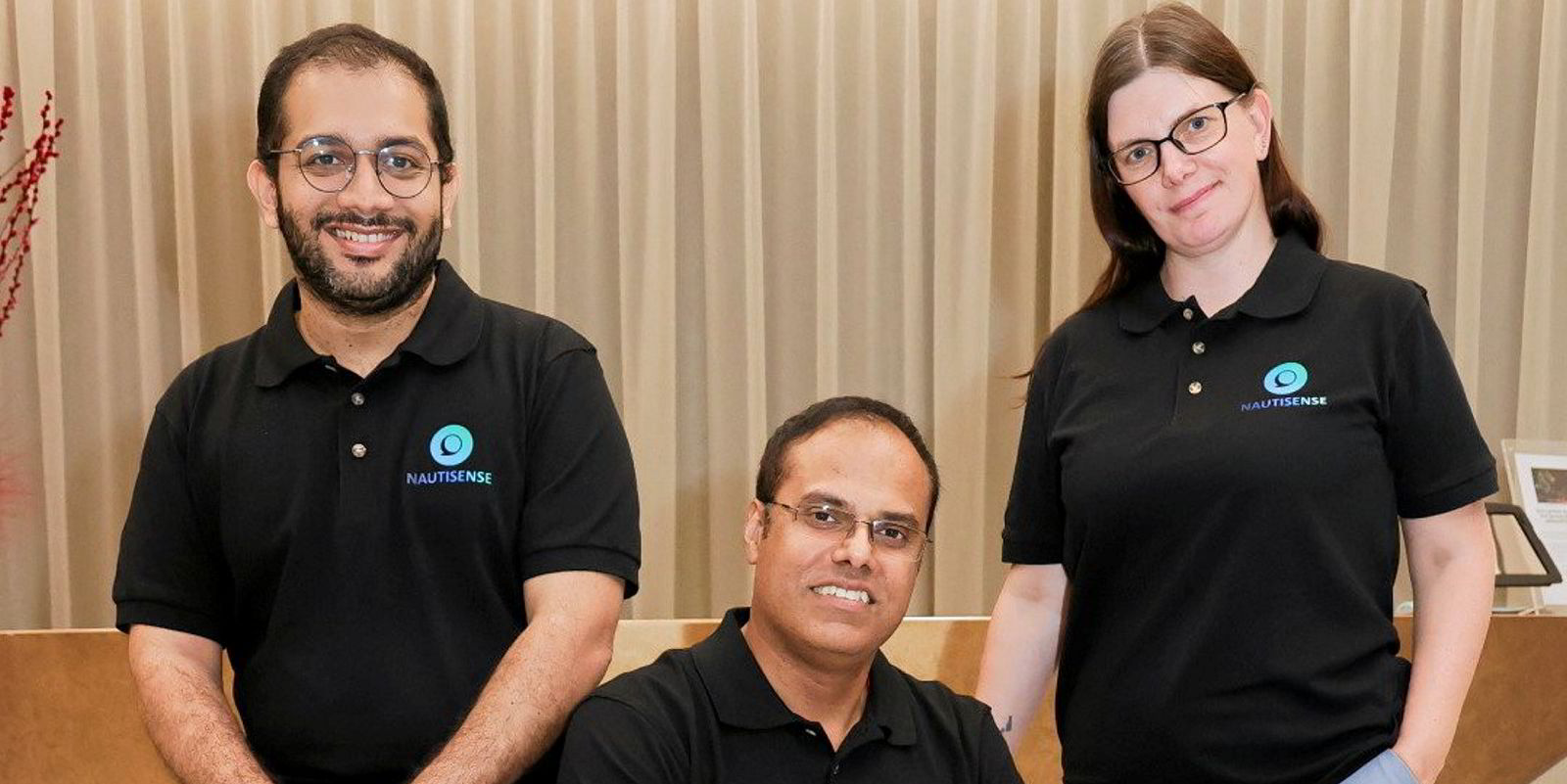Singapore digital start-up Nautisense is aiming to take its deep artificial intelligence technology to the cloud, on ships and in offices, where it can perform more than 60 functions, from streamlining inspections to helping engineers troubleshoot.
The company was launched this year as part of Singapore’s digital maritime start-up incubator and accelerator Studio 30 50.
Nautisense’s AI product, called MantaMind, is being assessed ahead of potential deployment within BW Group as the start-up’s founders prepare to raise seed funding.
In one iteration, MantaMind is a software-as-a-service product that the founder hope to sit on classification society DNV’s Veracity cloud platform. In others, it is a lightweight edge computing tool that can sit on a server on a ship, or even on a tablet. It is built on top of Microsoft’s Azure OpenAI.
Dr Vinayak Prabhu, co-founder and chief executive of Nautisense, told TradeWinds its AI tool could be used in many different ways to make workflows more productive, on board and onshore.
Superintendents can use it to prepare for audits, and crews can file noon reports using shipboard data, industry rules and equipment manuals among the AI tool’s data sources.
A superintendent, for example, could expect to spend up to 24 hours preparing for, performing and writing up an audit. With MantaMind it would take 12 hours, Prabhu said, describing it as deep AI technology.
“Nautisense’s MantaMind is automating mundane tasks, allowing more time for critical decision-making,” he said, adding that is “contextual and deterministic”.
Prabhu and two other co-founders, chief operating officer Gaurav Gupte and chief financial officer Jheeva Subramanian, have invested their own money in the company, pushing it through the incubator studio as one of its second cohort of start-ups.
Prabhu said seed funding will help Nautisense establish itself in Europe and recruit sales and marketing teams, as well as the programmers it needs. It will also help it protect its intellectual property.
While the company has focused on a key handful of use cases to try to promote this kind of deep AI technology, he said it has plenty of scale-up capabilities that further funding could also enable.
Despite the growth in AI solutions for the maritime industry, Prabhu insists Nautisense is different from other digital outfits, such as Singapore-based AI start-up Greywing and German software firms Kaiko Systems and Sealenic, which were born from Flagship Founders.
While Nautisense’s business model will be a subscription-based software-as-a-service model, with an initial onboarding fee, it is also looking at supplying its AI tool as a remote tool, either on an onboard server or computer, or a simpler lightweight version on a tablet.
To enable these solutions, it is talking to satellite providers such as Inmarsat to become value-added resellers to enable connectivity within a bundled package.
It is also exploring developing MantaMind as a “white label” software tool, which can sit behind a shipping company’s bespoke software platform or app and provide intelligence.





